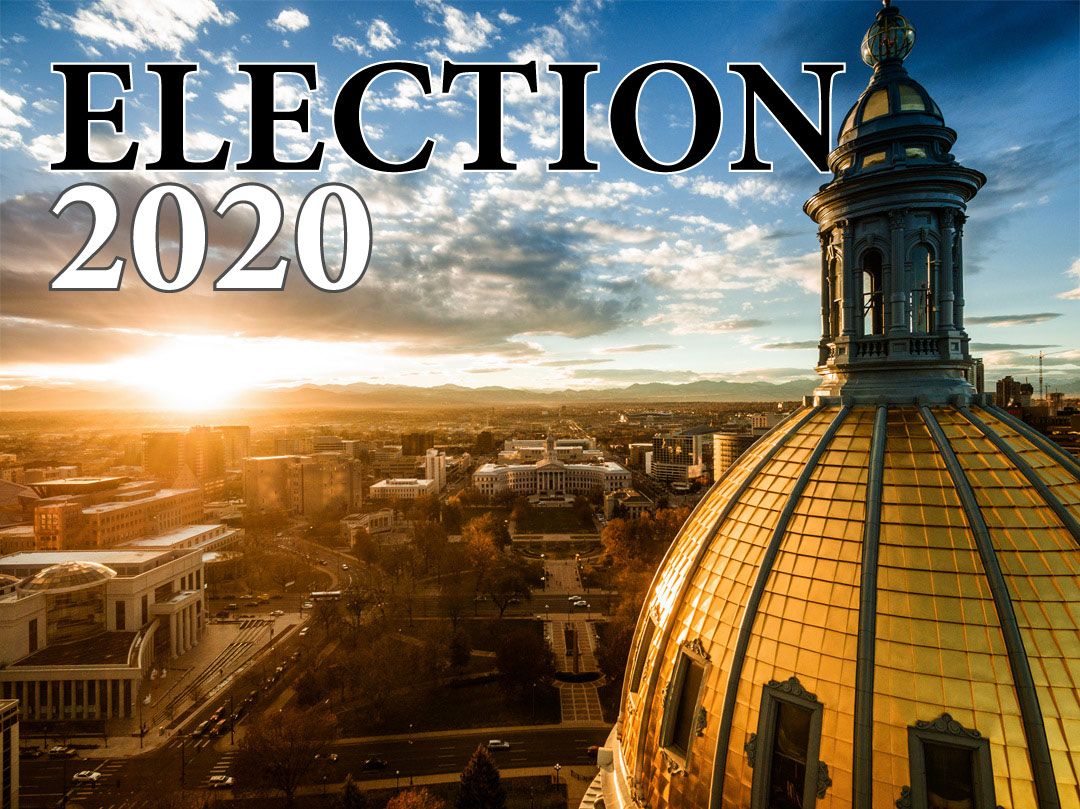Election: Supporters of Boulder’s quest to end muni push on top early

BOULDER — A ballot measure that would at least temporarily stop Boulder’s decade-long push to form a municipal electric utility was close as of 8:30 p.m. Tuesday, with roughly 4,000 votes separating the two sides.
With 164,158 ballots counted of 229,023 active registered voters in Boulder County, supporters of Question 2C were winning 53.55% to 46.45%.
Should the result stand, Boulder would settle its longstanding dispute with Xcel Energy Inc. (NYSE: XEL), enter into a new franchise agreement and end — at least for now — attempts to form a municipal utility.
SPONSORED CONTENT
How dispatchable resources enable the clean energy transition
Platte River must prepare for the retirement of 431 megawatts (MW) of dispatchable, coal-fired generation by the end of the decade and address more frequent extreme weather events that can bring dark calms (periods when there is no sun or wind).
In late August, Boulder City Council voted 6-2 to put the 20-year franchise agreement on the November ballot.
Xcel would agree to reduce its 2005 carbon-emission levels by 80 percent by 2030, as well as help Boulder achieve its goal of 100 percent renewable energy by the same year. If Xcel fails to meet those requirements, the city has six opportunities to terminate the agreement — in 2023, 2025, 2026, 2028, 2031, and 2036.
Xcel has also pledged to support programs such as electrification of city buses through an energy partnership agreement
Supporters of the settlement include officials with the Colorado Energy Office and Colorado Department of Public Health and Environment.
The anti-ballot camp’s argument was buttressed this summer when Boulder released a summary of bids it has received as part of its earlier efforts to form a city-run utility. The city reported that it had received bids, but did not release details of those proposals, including how much they could cost the city. So voters are unable to factor cost considerations related to these bids into their decisions on election night.
Should the city and Xcel ultimately sign a franchise agreement, it would bring to an end a legal saga that went all the way to the state’s highest court.
In June 2019, the Boulder City Council voted to repeal a 2014 ordinance that provided a pathway for the city to establish a municipal electric utility, a decision that allowed a lawsuit settlement with Xcel to move forward.
Xcel, through affiliate Public Service Company of Colorado, sued the city over the formation of that utility, which was never actually used, arguing that the city council overstepped its authority based on limitations of an amendment to the city’s charter in 2011. The amendment gave the city council authority to create a utility only if it first satisfied requirements showing the utility’s financial viability and service reliability.
A Boulder District Court judge dismissed Xcel’s suit in 2015, a decision that was reversed by the Colorado Court of Appeals the following year. The Colorado Supreme Court then overturned both of those decisions, sending the case back to a lower court.
This May, city officials announced negotiations with Xcel to end the municipalization push.
In a related measure, Boulder voters are also deciding whether to repurpose the city’s utility occupation tax.
Voters will decide whether to extend the existing tax on electricity bills to fund projects that arise from the potential partnership with Xcel. The tax is charged on electricity bills, raises about $2 million dollars per year and currently funds the city’s efforts to create the muni.
As of 8:30 p.m. 56.04%% of voters support Question 2D and 43.96% oppose the measure.
Editor’s note: This story will be updated.
© 2020 BizWest Media LLC


